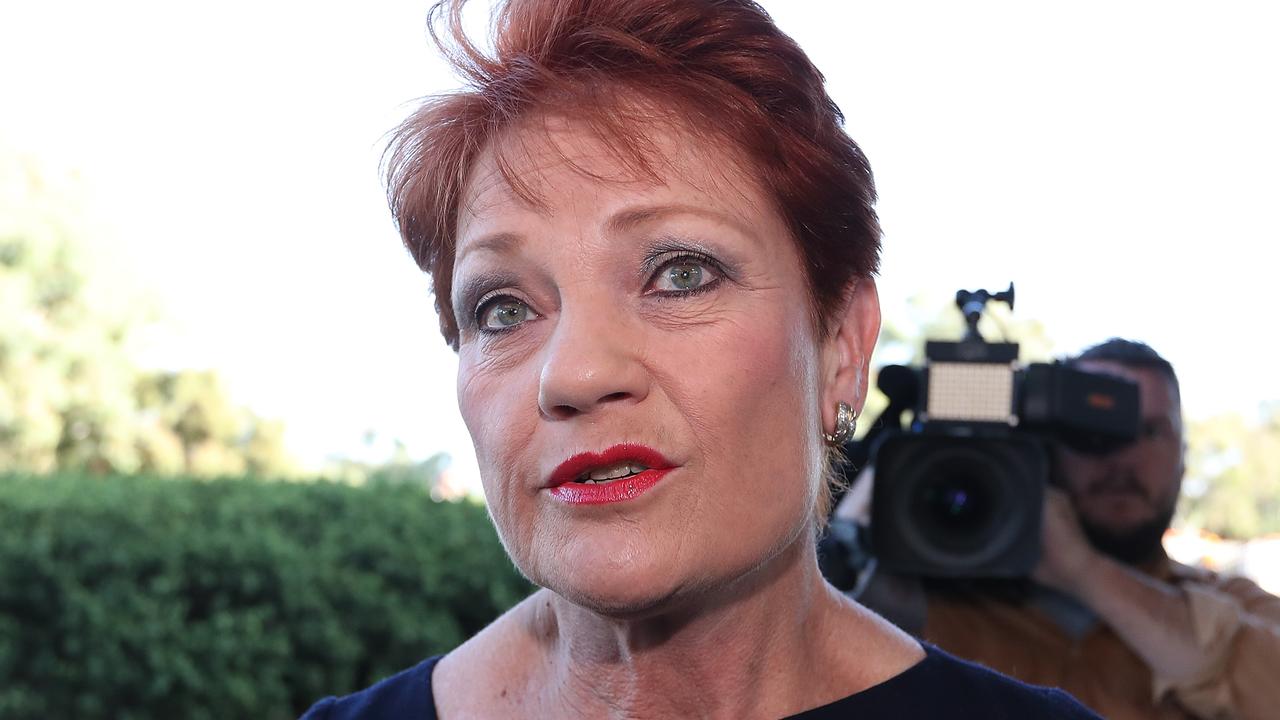Dutton refutes outcry over Prakash citizenship
Peter Dutton maintains terrorist Neil Prakash is a Fijian national and it was legal to strip him of his Australian citizenship.

There is “no doubt” notorious terrorist Neil Prakash was a Fijian national and the stripping of his Australian citizenship was legal, Peter Dutton has declared.
Referring to legal advice provided by the Australian Government Solicitor, the Home Affairs Minister stood firm on the action after Fiji’s top immigration official said there was no record of the Islamic State recruiter ever being a citizen of the Pacific Island country.
The comments from Nemani Vuniwaqa, the director of Fiji’s immigration department, also led to the Law Council of Australia calling for a “thorough investigation” of Prakash’s citizenship.
Mr Dutton yesterday hit out at what he said was “a lot of misinformation that’s been peddled at the moment”, taking aim at Labor’s immigration spokesman Shayne Neumann, who suggested proper due diligence about Prakash’s nationalities was not undertaken.
“The advice to the government in relation to Mr Prakash, as I’m advised, is clear in relation to his Fiji citizenship,” Mr Dutton said.
“Fiji was notified of this case before it was made public and we will continue to work with the Fijians.”
Mr Dutton refused to say exactly when Fiji was notified or whether the Fijians had told the Australian government they disputed the advice, but he said Prakash, 27, had the ability to appeal the decision.
The Australian understands the decision to proceed with the stripping of Prakash’s Australian citizenship was made last August, and he was notified of the action last month. It’s also understood Scott Morrison is due to visit Fiji later this month.
The Fiji Sun this week reported Mr Vuniwaqa as saying: “Neil Prakash has not been or is a Fijian citizen.” He also said with a child born overseas with a Fijian parent, “the parent has to apply for citizenship for the child to become a Fiji citizen”.
John Connors, a former judge in Fiji’s High Court, said provided Prakash’s father was a Fijian citizen at the time of the former Melbourne man’s birth, the Fijian constitution from 1990 allowed his son to automatically attain citizenship.
Mr Connors said that raised potential questions about whether Fiji’s ban on dual citizenships at the time could have affected Prakash’s nationality.
“You had to surrender your citizenship to take up an Australian citizenship until about the late 1990s or so,” Mr Connors said.
Law Council of Australia president Arthur Moses SC said the issue of citizenship was “critical to the security of Australia and its people”, but he called for an investigation into Prakash’s case to see whether he had been rendered stateless.
Mr Neumann referred to the Fijian report, saying it raised “serious questions about what diligence Peter Dutton did in relation to this matter” before revealing Prakash had lost his Australian citizenship. He also suggested — in comments repeated in a joint statement released with Labor’s legal affairs spokesman Mark Dreyfus — that the announcement may have been “brought forward” as part of Mr Dutton’s “public relations campaign” to get on the front page of a newspaper.
Mr Dutton slammed the Labor MP, describing him as “reckless at best, likely incompetent and clearly doesn’t have any comprehension” of the process to strip someone of their citizenship.
He said a Citizenship Loss Board, made up of deputy secretaries from several government departments, and informed by ASIO and the AFP, looked at individual cases and passed on advice.



To join the conversation, please log in. Don't have an account? Register
Join the conversation, you are commenting as Logout